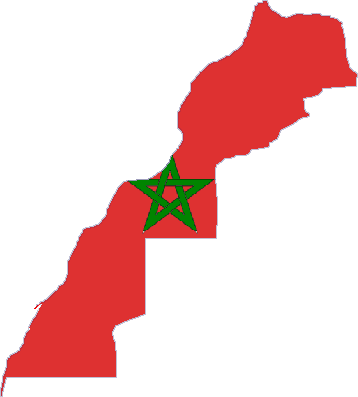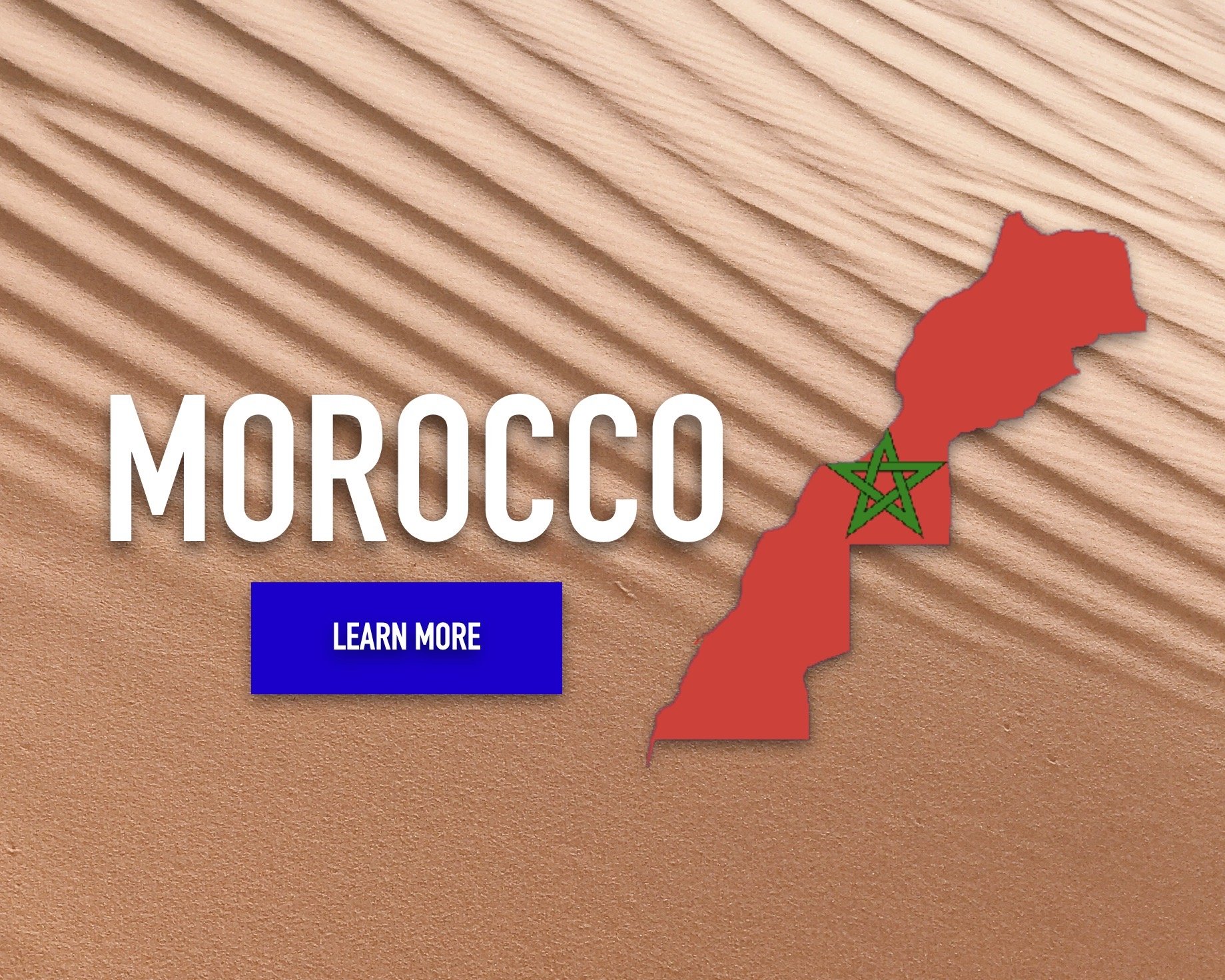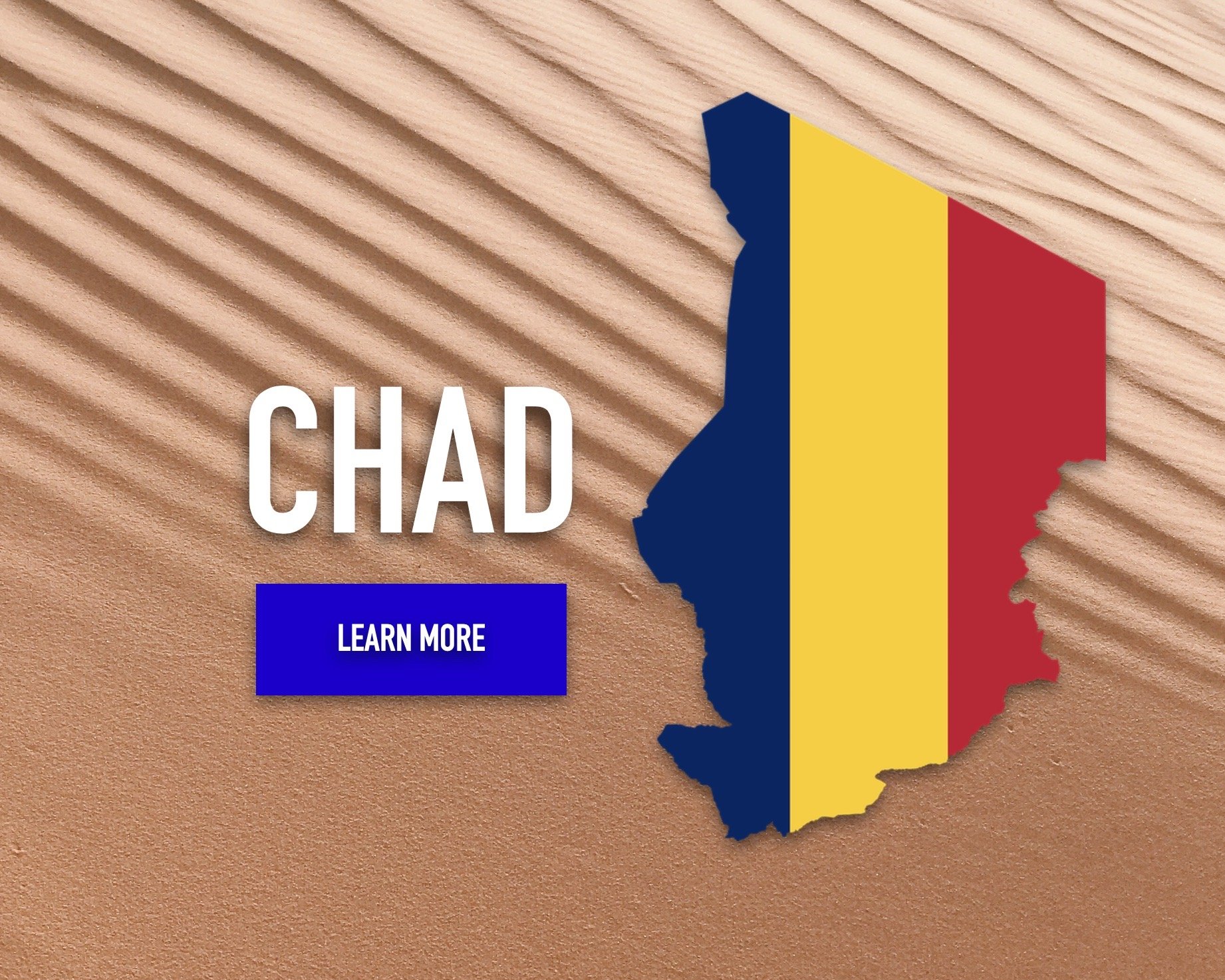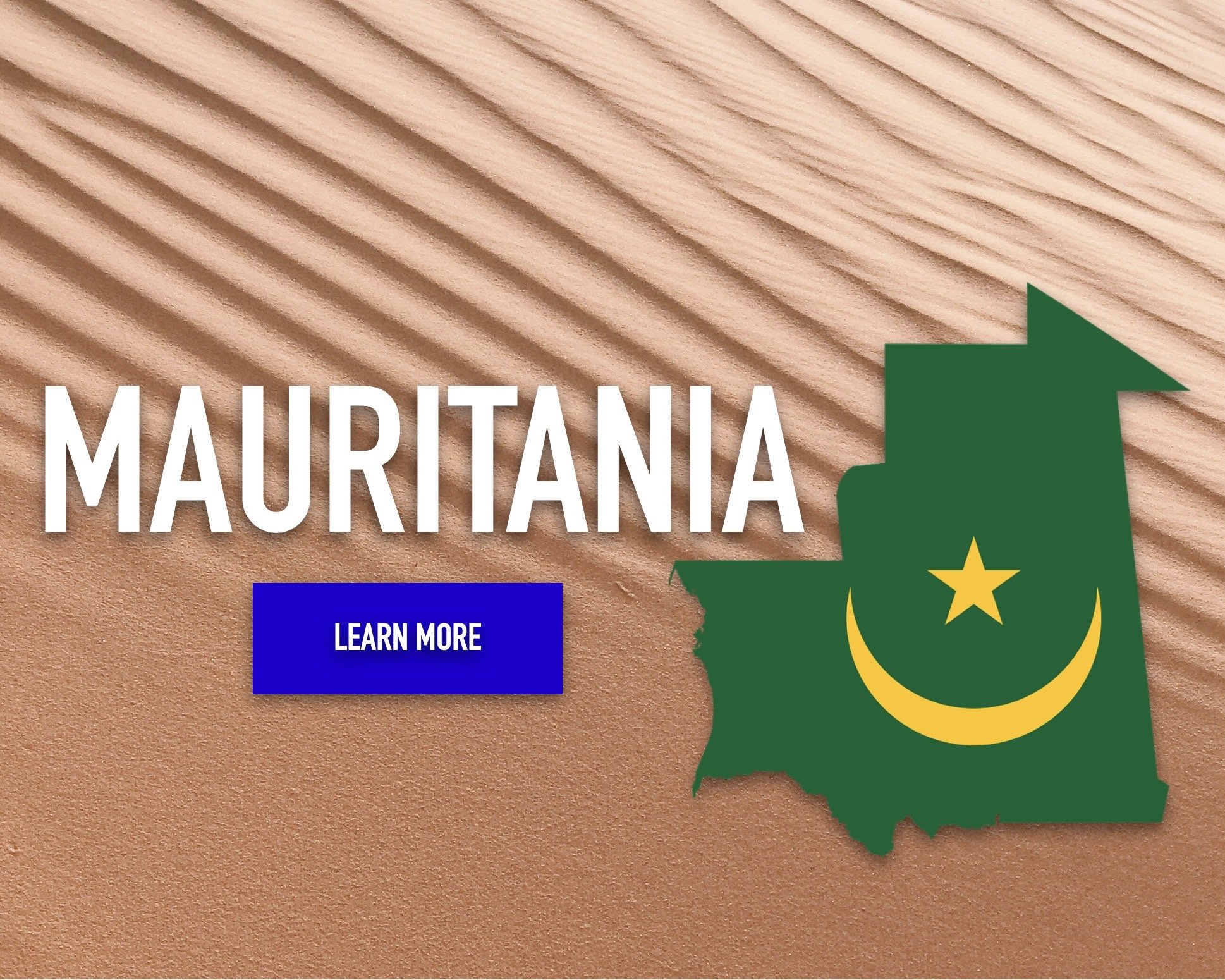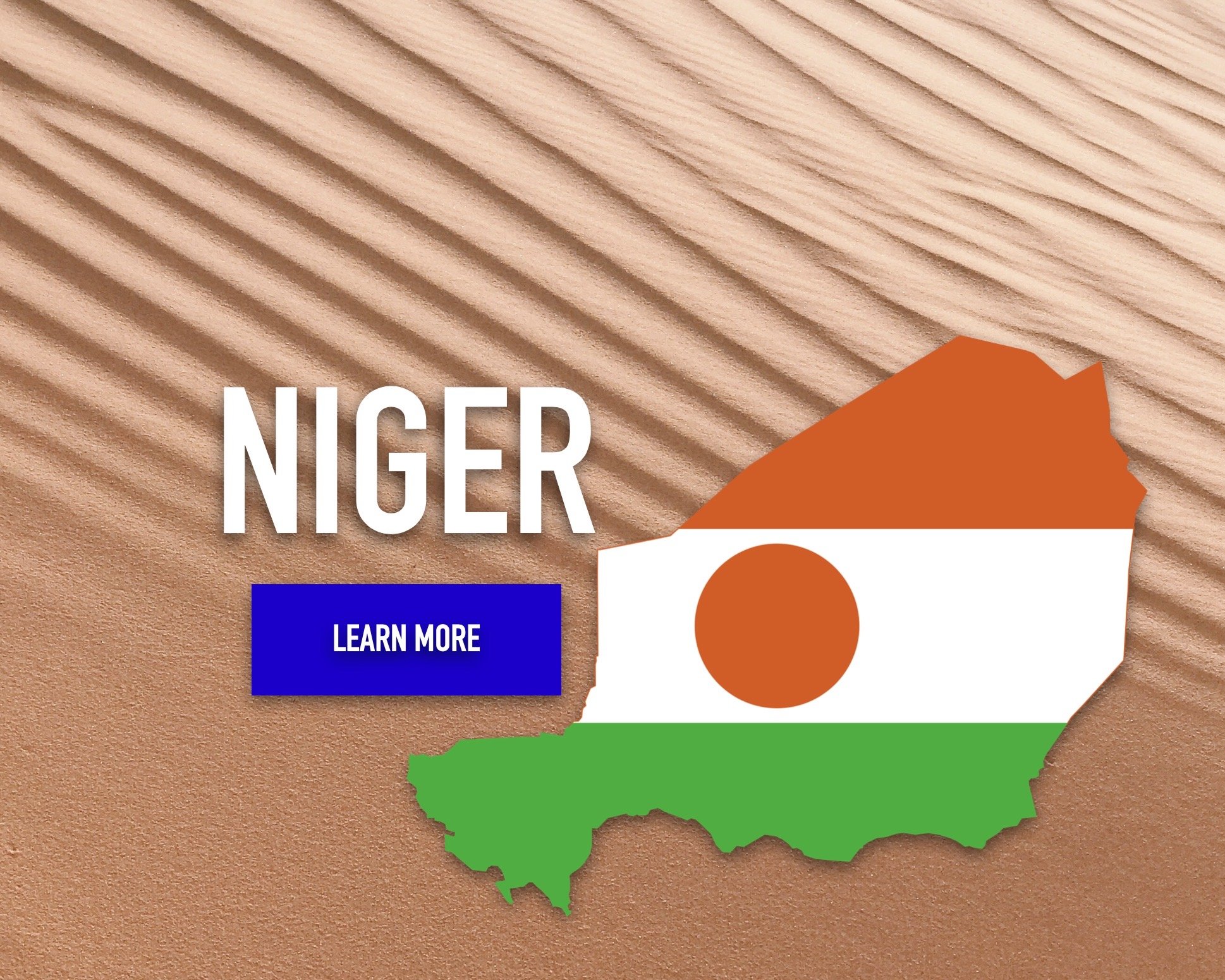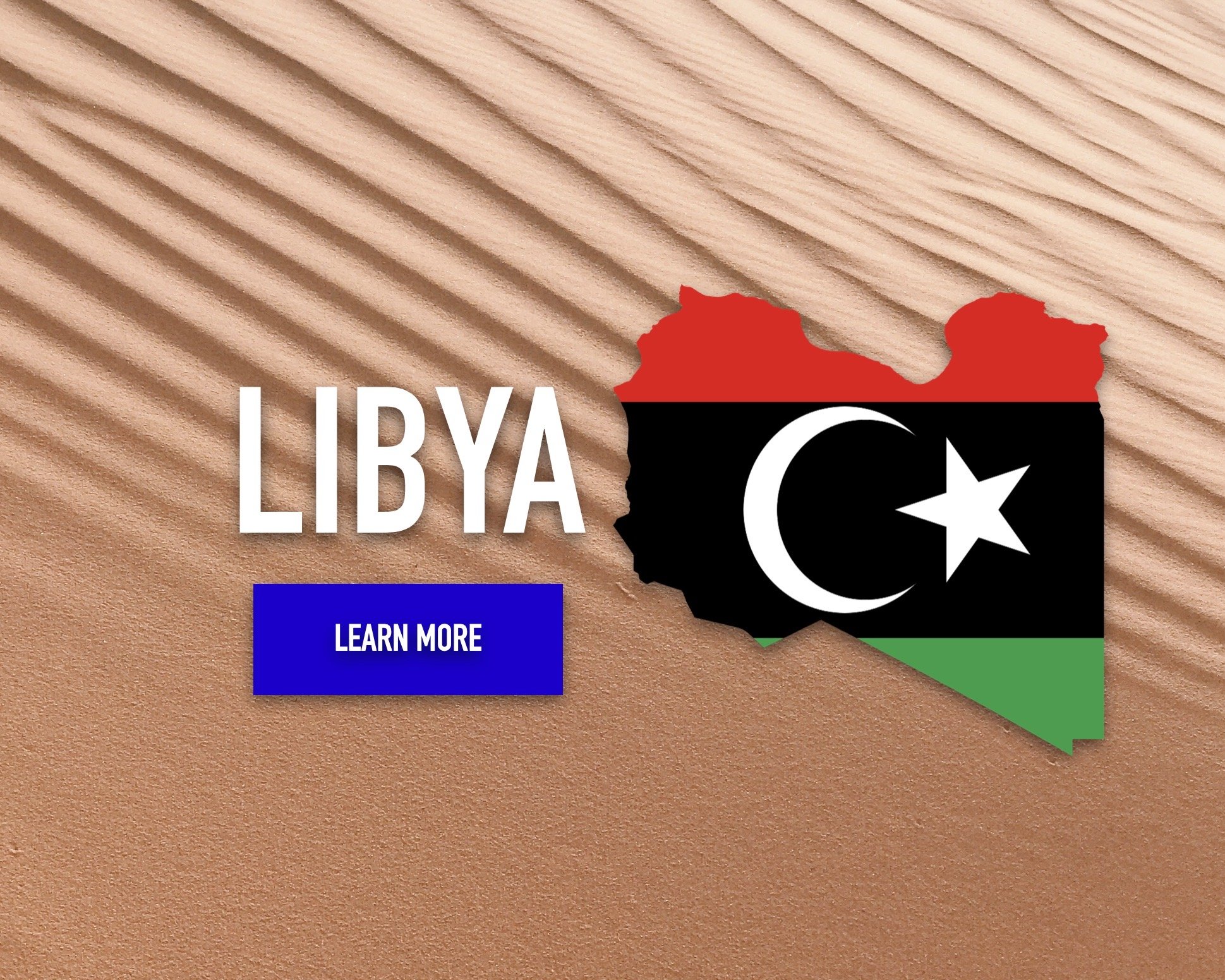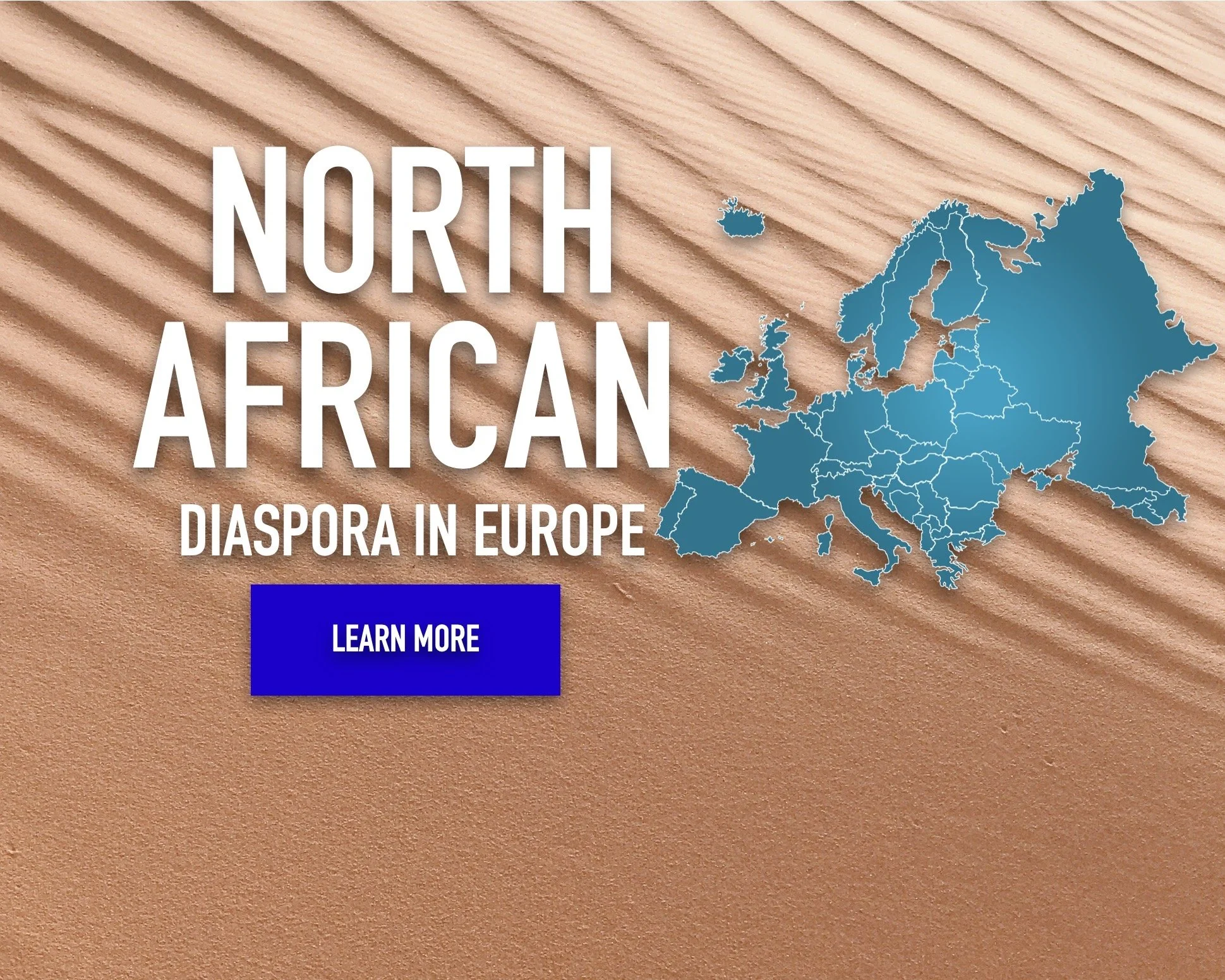
Morocco
Morocco
“God, Homeland, King” is the motto of the Kingdom of Morocco. With these priorities, Morocco is a passionate place full of a blend of cultures from mountain Berbers to African refugees. Moroccans value family and enjoy a Friday couscous with their loved ones. While many desire to honor their families in their work, it is difficult to keep employment within this country. Many of the young people in the nation are seeking meaningful employment and are looking for opportunities to learn English and other marketable skills.
In many cities, there is also a unique culture where there are creative spaces that serve as an outlet for artists in music, art, and dance.
Pray that Morocco will know the true God, their eternal homeland, and the everlasting King.

HOW IS GOD CALLING YOU TO BE PART OF WHAT HE IS DOING IN MOROCCO?
Whether you want to send your outreach team, visit for yourself, or adopt Morocco in prayer, let us know how we can help you take the next steps on your journey!
Please reach out for more information on travel opportunities, how to pray, or just to say hi.
Pray Now!
Once believed to be the westernmost part of the world, the name Morocco is derived from the Arabic Al Maghrib, meaning “far west” or “where the sun sets.” Occupying the northwest corner of Africa, the nation was originally inhabited by Berbers, who were then conquered by Muslim Arabs after 684 AD. In the 17th century, Morocco was colonized by France and Spain, and in 1912, the nation was split into French and Spanish protectorates. Morocco became independent in 1956 and established a constitutional monarchy in 1972. The king is both the head of state and religion and has declared all those born in Morocco to be Sunni Muslim.
Morocco is the world leader in the production and export of phosphates and has 70% of the world’s reserves. The leading industries are agriculture, forestry, and tourism, and agriculture employs 40% of the workforce. Casablanca is the economic capital, the largest port, and the most populous city. There is a huge gap between wealthy and the poor and 13% of the population live below the poverty line. Morocco also lays claim to the Western Sahara, and the nomadic Saharawi people that live there are fighting for their independence. While the UN has set up referendums to allow for self-determination, Morocco has postponed those votes.
The state religion is Sunni Islam, and ninety-nine percent of the population is Muslim. Unlike in many other Muslim nations, Christians and Jews are tolerated, though some freedoms have deteriorated in recent years. Despite this tolerance, Christians are monitored by authorities, and some have been imprisoned. Dozens of Christian workers were expelled in 2010. The majority of Moroccans have a strong prejudice against Christians and are resistant to the Gospel, and the media helps fuel these attitudes. In an effort to avoid the religious violence and conflict occurring between Muslims and Christians in other African nations, the Moroccan people and government try to keep all Christian activity secret. The government is opposed to an indigenous Moroccan Church, but one is emerging nonetheless, and an estimated 2,000 Moroccan believers meet in small house churches. Unity of the church is difficult with believers scattered around the nation, sometimes isolated from other believers.

